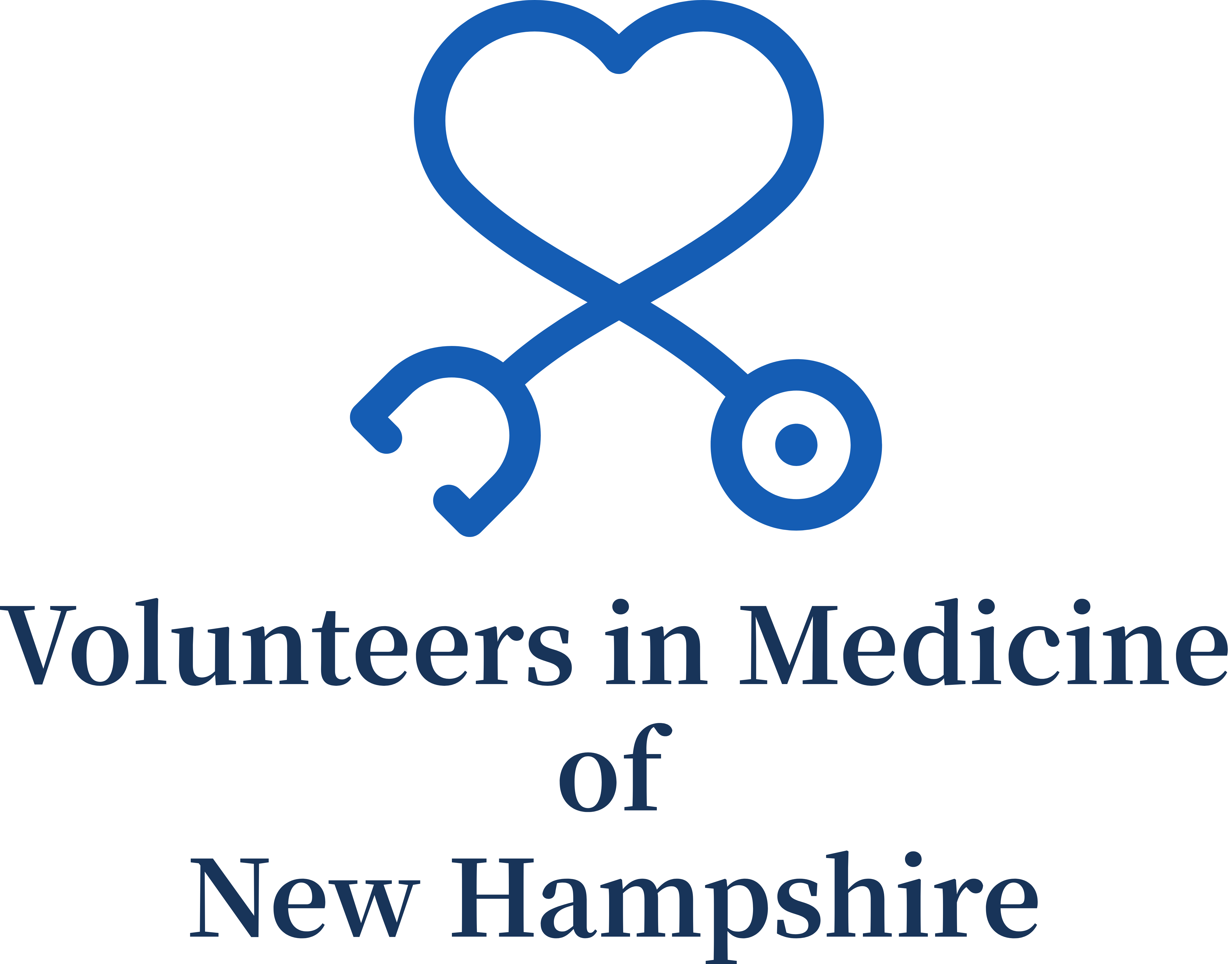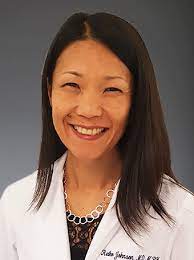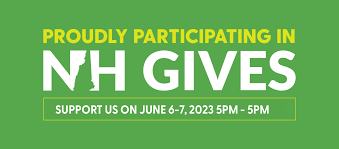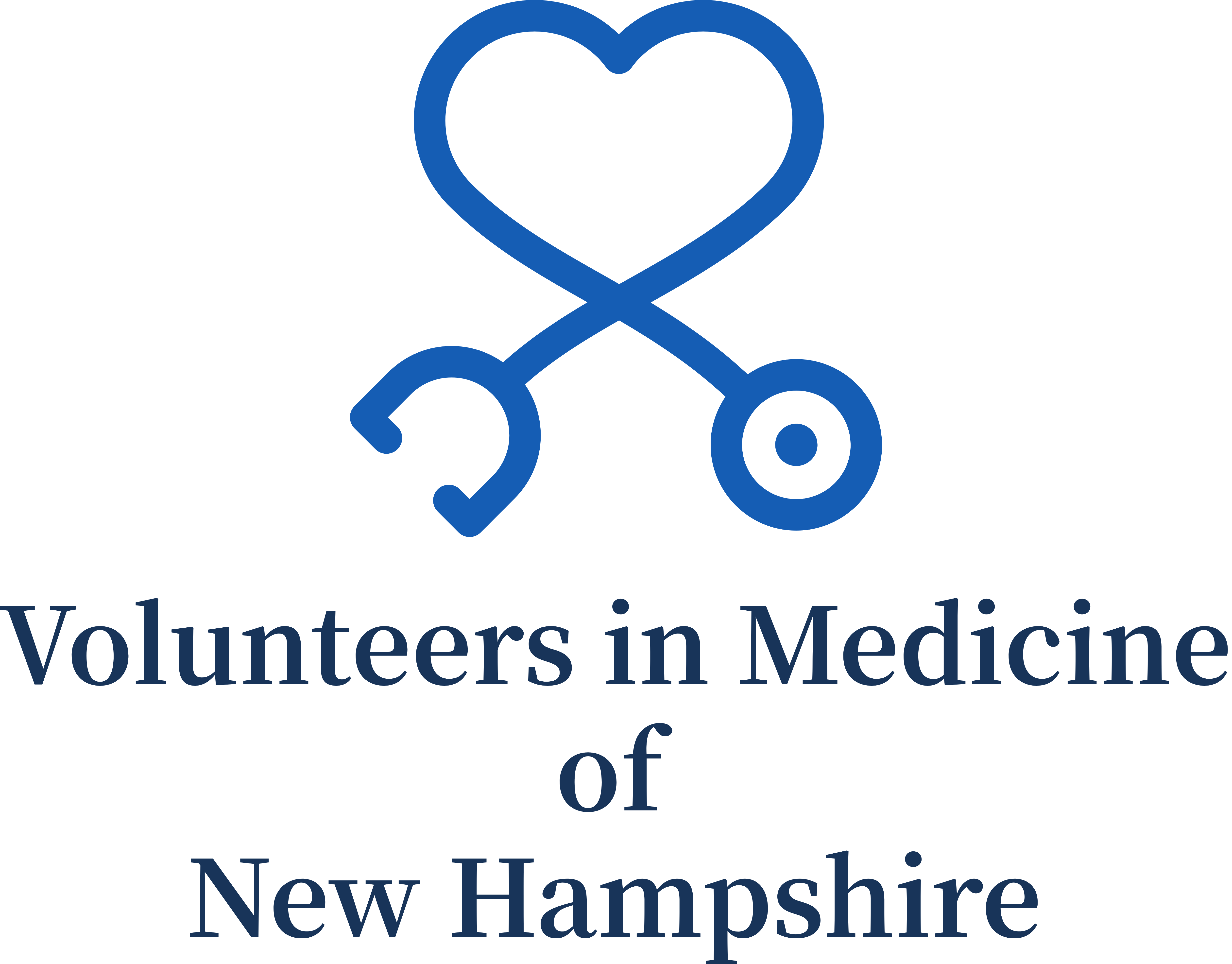|
Volunteers in Medicine of
|
|
Second VIM-NH Dental Day of Caring a Success |
|
On Saturday May 18th, Volunteers in Medicine of New Hampshire (VIM-NH) partnered with Newmarket Dental’s Dr Nate Swanson once again and offered the second VIM-NH Dental Day of Caring. Both Dr Judge and Dr Goslee volunteered for their second round to provide dental care to uninsured community patients at no cost. Dr Swanson again generously opened up his practice and donated his time and all of his equipment and supplies. His front desk staff Pauline organized and checked patients in, and medical assistants Jen, Erin, Sam, Destiny, Morgan and Samantha from Dr Swanson and Dr Goslee’s practice and from Families First participated to make the day into a smooth operation. Seventeen patients were treated, providing close to $12,000 in dental care. Thanks to staff and caseworkers from Families First and Lamprey Community Health for referring their patients to make this another successful event! We thank you all for your support to make this day a reality. |
|
|
|
|
Medical Director's Corner |
|
|
|
|
VIM-NH Founder Dr. Johnson |
|
One of the first documented free clinics was the Haight Ashbury Free Medical Clinic, which opened in 1967 in San Francisco, around the time the culture of free clinics began. These organizations shared grassroots origins and used donated supplies, medications, and volunteer staff. The original Volunteers in Medicine clinic, after which our clinic is modeled, was started by a retired family physician named Dr McConnell in Hilton Head, South Carolina. His goal was to care for the uninsured, often undocumented workers in the wealthy neighborhood. The free clinic movement continued to grow and in 2022, there were over 1200 free and charitable clinics in the US, providing 5.8 million patient visits per year, according to the National Association of Free and Charitable Clinics. The cost and complexity of securing and maintaining reliable health insurance still leave many families without access to affordable healthcare, and this is where free clinics provide much-needed services in underserved communities.
VIM-NH is a mobile clinic, as we do not have a physical site, and instead the medical staff travel to locations such as homeless shelters to provide care. A study done in 2020 estimated there are about 2000 mobile clinics in the US. VIM-NH’s two active locations are at Cross Roads House shelter in Portsmouth and the Willand Dr Warming Center in Somersworth. The medical team visits these two locations to provide care to the shelter clients who seek medical attention.
Working with underserved and marginalized populations requires organizations to collaborate to avoid duplicating services and to maximize available resources. Locally, VIM-NH partners with the Greater Seacoast Community Health (GSCH) Mobile Health Clinic, which uses a van to provide weekly care in various Seacoast neighborhoods. When VIM-NH encounters patients needing to establish care, we refer them to the Mobile Health Clinic. Recently, we received referrals from caseworkers at Greater Seacoast Community Health clinics and Lamprey Health for our Dental Day of Caring. This type of community collaboration makes our work rewarding and ensures that resources reach the patients in the community. |
|
|
|
|
Meet Ann-Marie Waechter, RN
Ann Waechter started volunteering with VIM-NH in the last few months, and she comes with a lifetime of experience working in various settings, including on a hospital ship in West Africa providing wound care! (pic from a local article about the medical mission). We are very grateful and excited to have another RN on our growing team. Picture from Portsmouth Herald, August 19, 2016, Photo by Deb Louden. |
|
|
|
|
NH Gives event for VIM-NH June 11-12, 2024 |
|
Happy spring! Thank you so much for reading our May Newsletter. VIM-NH is a non-profit free clinic whose mission is to provide free healthcare to uninsured and underinsured families of New Hampshire. Currently, we are partnering with Cross Roads House shelter in Portsmouth and the Willand Drive Warming Center in Somersworth to operate evening clinics twice a month, run by volunteer clinicians.
We are a very small nonprofit organization run 100% by volunteers; hence, we do not have paid staff working on fundraising or grant writing. The work is all done by a small group of dedicated volunteers. Every opportunity to raise funds is vital to continue our mission in our state.
NH Gives is an initiative of the NH Center for Nonprofits, which is a powerful, statewide 24-hour online fundraising event that is designed to build community, connect donors to local nonprofits and generate excitement about the nonprofit sector. VIM-NH is thrilled to participate in NH Gives again this year. Help VIM-NH reach our goal of raising $5000 in 24 hours, starts at 5pm on Tuesday, June 11th!
Here is the LINK to VIM-NHs NH Gives page. Donations start at 5pm on June 11th and run for 24 hours. |
|
|
|
Voices of Volunteers |
|
|
By Emily Komerska I joined in August 2022 and was on the fundraising committee until the clinic opened in January 2023- since then I volunteer at nearly every clinic. I really enjoy working with VIM-NH because of the amazing learning opportunities and being able to see the positive impact that our actions have on our community. Some of my favorite memories from VIM-NH were from the Dental Days that we’ve held, and just from working alongside amazing and dedicated volunteers!
Picture of Emily, right with Pauline at the Dental Day of Caring in Newmarket, May 18, 2024 |
|
|
|
|
Gift from Testwood Creative Studio
In April, we had the opportunity to work with Carolyn Komerska and Sherry Day at Testwood Creative Studio. Although the company is relatively new, Carolyn and Sherry are consummate professionals, and their willingness to donate their time to create short videos where board members and volunteers could discuss their belief in VIM-NH’s mission was incredible. “It was wonderful to have the chance to reflect on why I am involved and what the mission means to me,” said Dr Robert Levey, Vice-President of VIM-NH’s board. “They asked some wonderful questions, and their enthusiasm for our mission was palpable. We appreciate this opportunity to spread the word.” Please enjoy these short clips from the volunteers. |
|
|
|
|
|
|
There are many ways you can help VIM-NH, a 501(c)3 organization. You can volunteer in many capacities, spread the word through social media, or start a fundraiser for us in your community. For more information please visit our website at vimnh.org or email rjohnson@vimnh.org.
Follow us on Instagram at @vim_nh2021 and Facebook at www.facebook/vimnh
Please donate here to help provide free healthcare to NH's families. Thank you! |
|
|
|
|
|
|
|











